Fine and Gross Motor Development Resources for Parents
What are Fine/Gross Motor Skills and why are they important?
Fine Motor Skills
Fine motor skills involve the small muscles in the hands and fingers that children use to carry out precise movements, such as holding a pencil, fastening buttons, using scissors, or building with small blocks. Developing strong fine motor skills is important because it helps children gain independence in everyday tasks and prepares them for early writing, drawing, and other creative activities.
Gross Motor Skills
Gross motor skills involve the larger muscles in the body, such as those used for running, jumping, climbing, balancing, and throwing or catching a ball. These skills are essential for children’s physical health, coordination, and confidence in moving their bodies. Strong gross motor development also supports concentration and stamina, which in turn help children to engage more successfully in their learning.
Supporting your child to develop both their fine and gross motor skills lays the foundations for achieving the Early Learning Goals (ELGs) in Physical Development. These skills not only help children become more confident and independent in everyday tasks, but also underpin their readiness for writing, self-care, and active participation in all areas of learning.
Early Learning Goals (ELGs) in the UK are the expected developmental milestones children should reach by the end of their Reception year in primary school.
